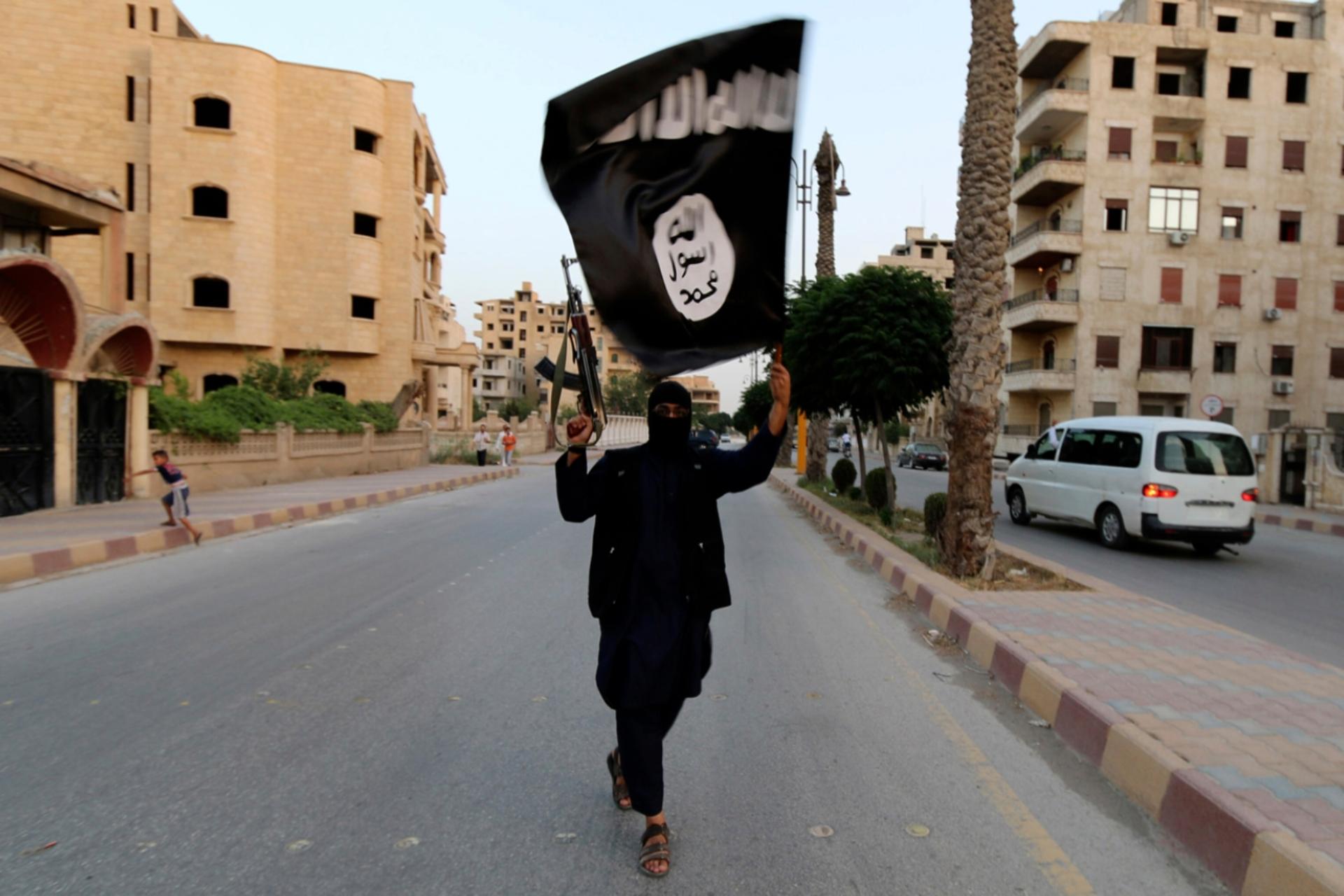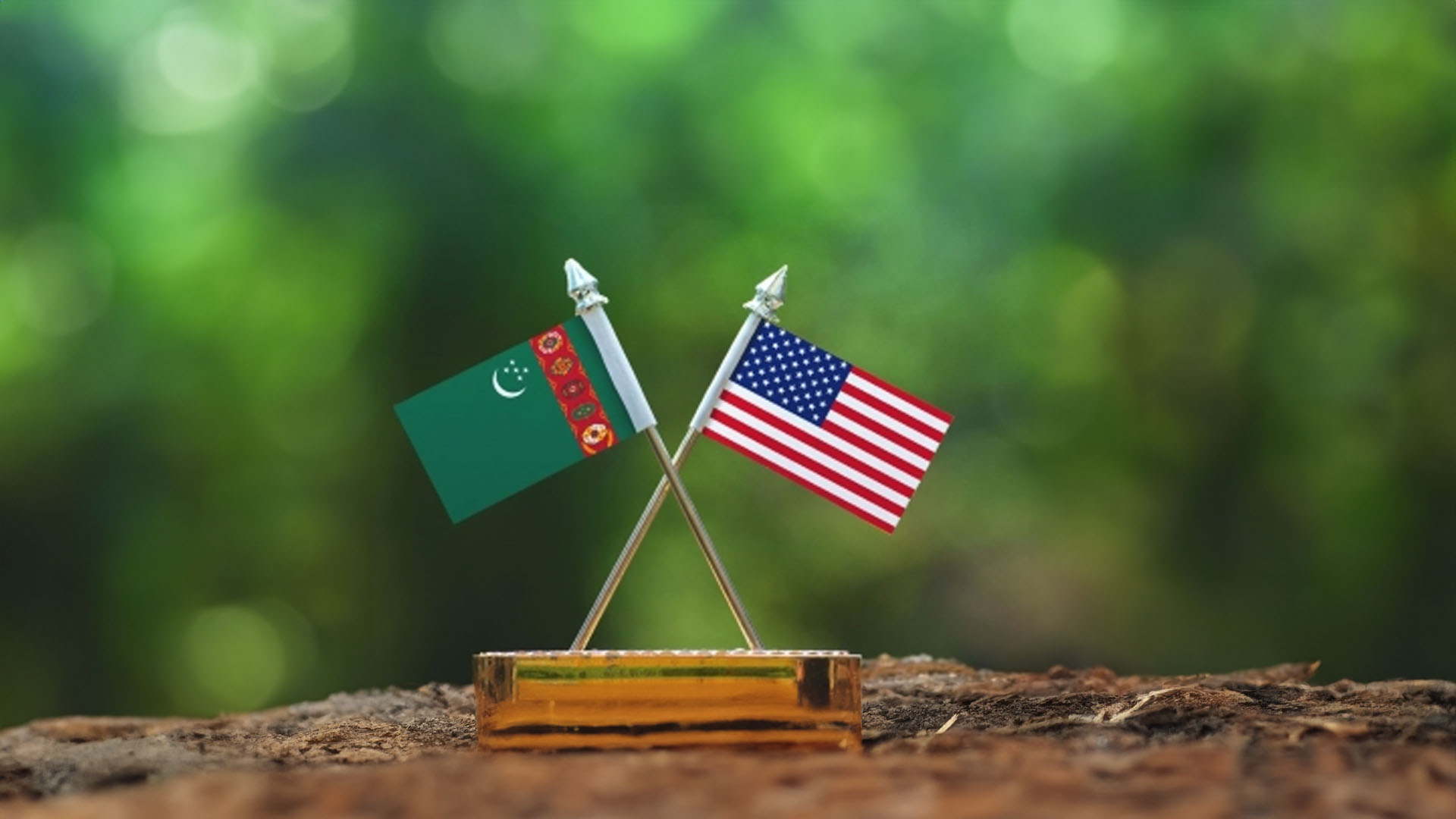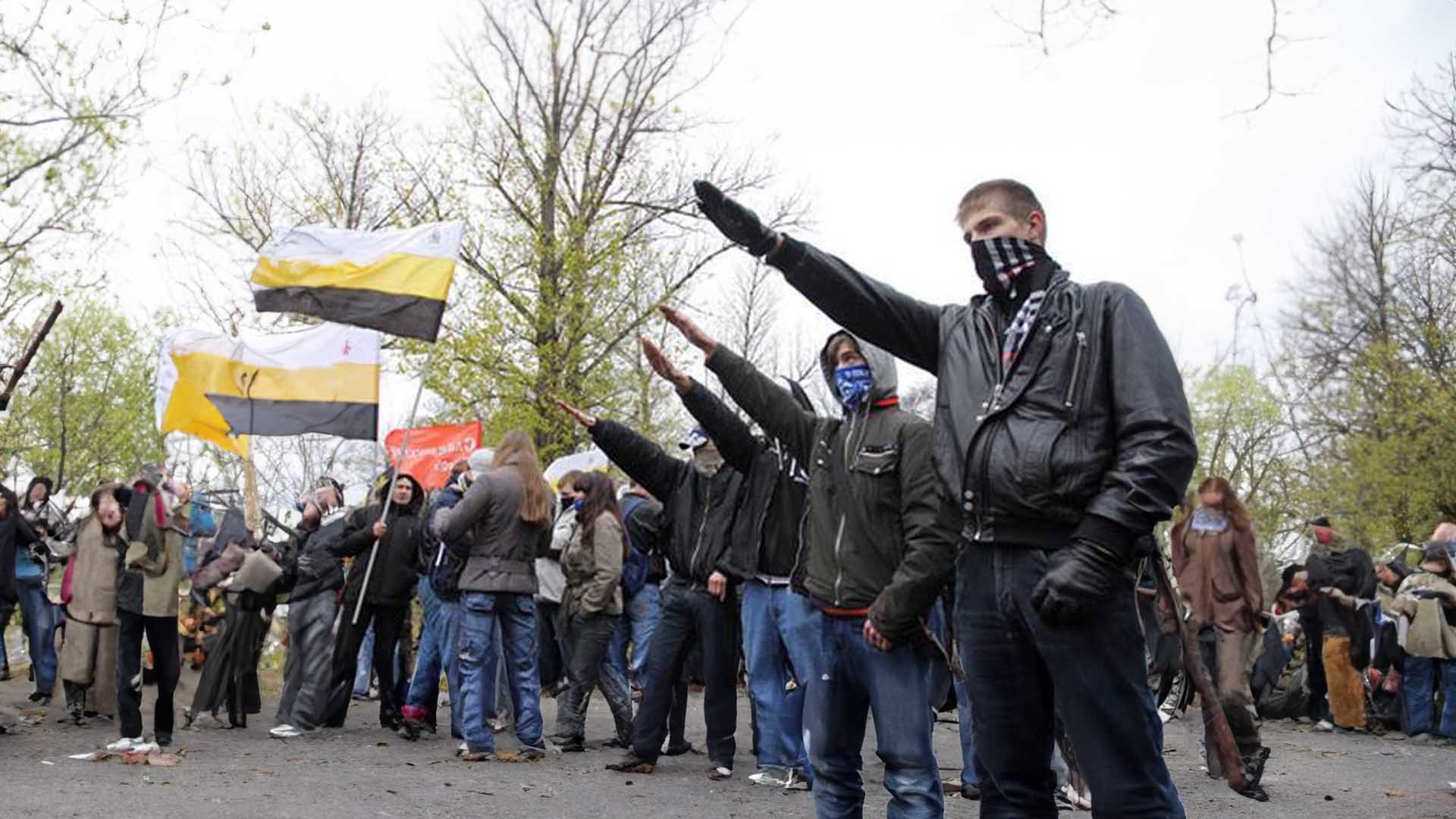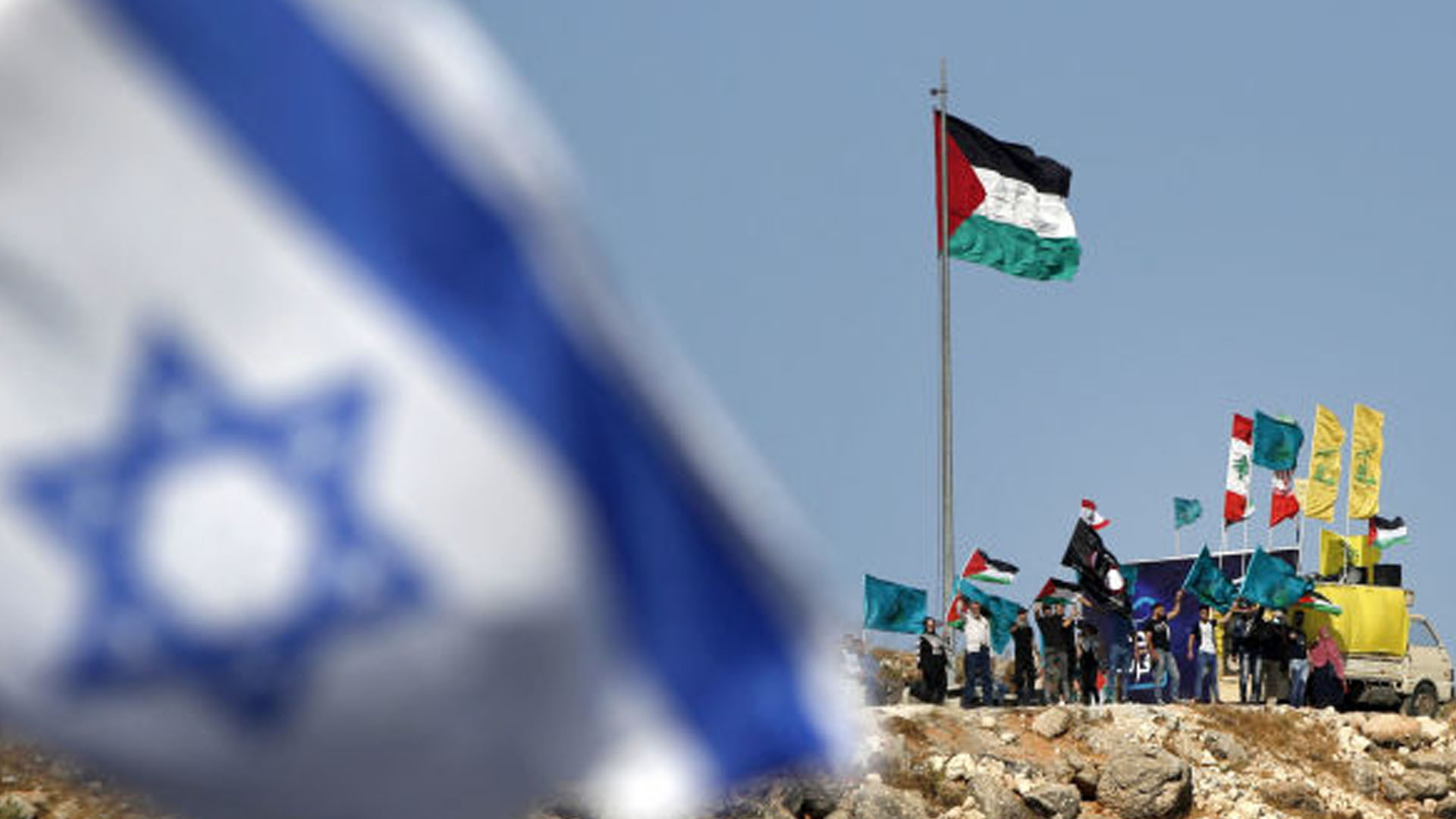August 25, 2023 The UN Security Council expressed concern about the activities of the Khorasan wing of ISIS and regards the Khorasan group as “the most serious current terrorist threat in Afghanistan and neighboring Central Asian countries.”
In the UN Security Council report on the threats posed by ISIS, the number of fighters of this group (together with their families) is estimated at 4,000 to 6,000 people. This figure exceeds the previously published data on the number of ISIS members in Afghanistan. Moreover, the UN Security Council states that “the terrorist group ISIS and its affiliates continue to pose a serious threat in conflict zones and countries located in the neighborhood of such zones”. The report states that the operational capabilities of the Islamic State of Iraq and the Levant – Khorasan group have increased and their attacks against the Taliban and international targets have become more sophisticated.
For example, ISIL’s deadliest attack in the region occurred on July 30, 2023, at a convention of the Jamiat Ulema-e-Islam (“Assembly of Islamic Clerics”) party in Pakistan. The incident left at least 63 people dead and more than 100 injured. The group also claimed responsibility for last week’s bombing in Kabul. The attack killed two people and injured another.
Ali Ahmad Jalali, a professor at the National Defense University in Washington, told Radio Liberty’s Afghan Service that ISIS is now operating the same way the Taliban used to operate before the movement took power in Afghanistan. They collect tribute and taxes from people, smuggle drugs, make money from illegal mining, threaten the population, and engage in organized crime.
According to an article by Kazakh Radio Azattyk: The Afghan wing of ISIS has already been dubbed in the West as “ISIS-Khorasan.” This group first announced itself in 2015. Although the main sites of the organization’s activities are Afghanistan and Pakistan, the ancient province of Khorasan traditionally covers the territories of modern Turkmenistan, Iran, Uzbekistan, and Tajikistan. ISIS-Khorasan is headquartered in Nangarhar province in eastern Afghanistan. In January 2016, the U.S. State Department added IS-Khorasan to the list of terrorist organizations.
At the same time, the Taliban movement, which controls Afghanistan, considered the UN Security Council report on the threats posed by ISIS from Afghanistan to the world as unfounded. They say that “anyone who makes such unfounded statements either has no information or strengthens the morale of Islamic State of Iraq and the Levant (DAISH), which is getting brazen with this kind of propaganda and provokes instability in the region.
The Taliban also emphasized that the unilateral sanctions imposed by the UN and others on Afghanistan, as well as the freezing of assets, are the main reason for the difficult humanitarian situation in the country, which has adversely affected the lives of ordinary Afghans. Therefore, Taliban spokesman Zabihullah Mujahid on his Twitter page demanded an urgent change in the situation in order not to disturb stability.









